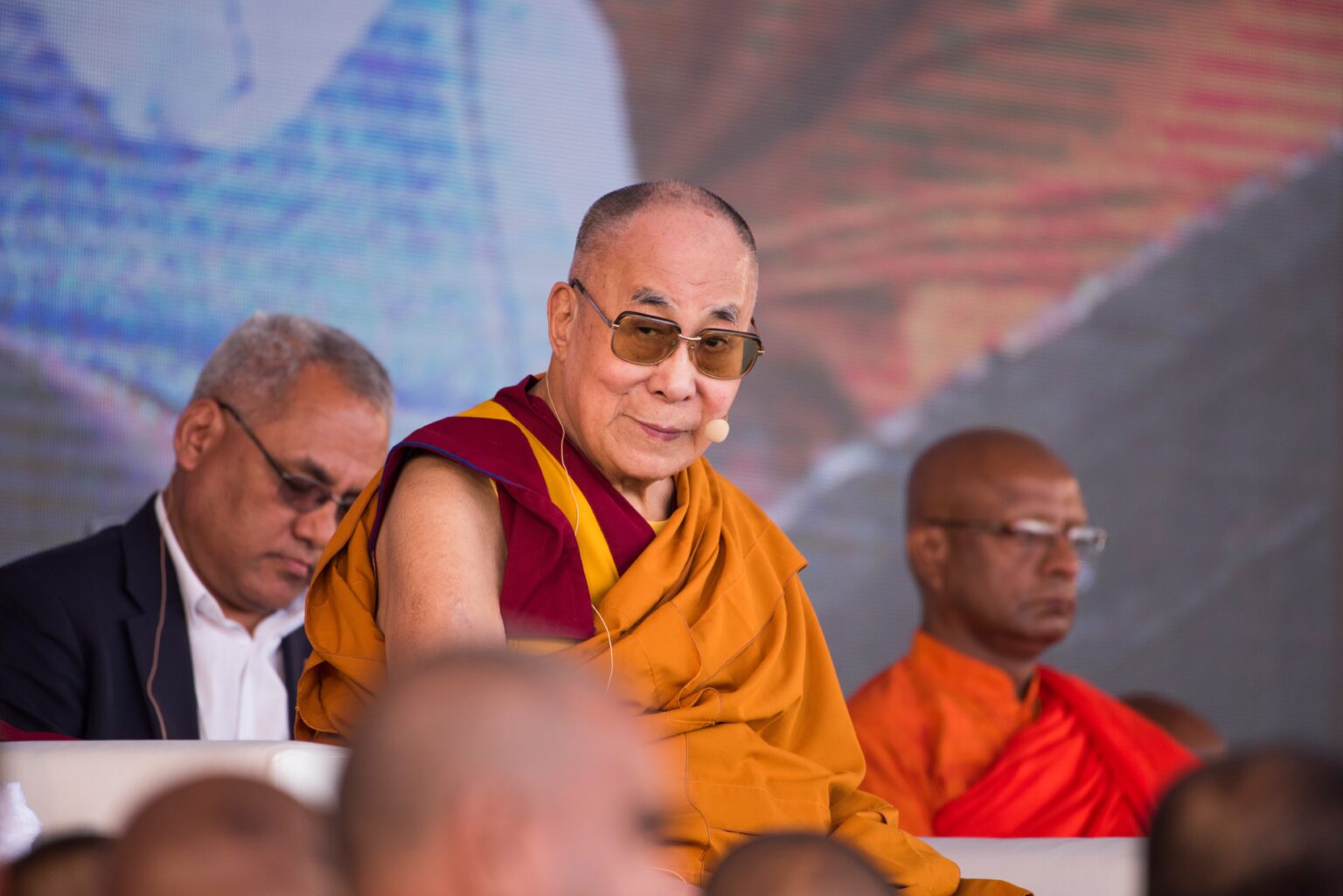Spiritual Continuity in Exile
As he approaches his 90th birthday on July 6, 2025, the 14th Dalai Lama, Tenzin Gyatso, has firmly stated that his spiritual lineage will persist beyond his current lifetime. In a recorded televised message to monks gathering in Dharamshala, India, he made clear that he is not the final incarnation of the Dalai Lama. Instead, he intends to reincarnate, with the successor to be chosen according to “traditional Buddhist practices” under the exclusive authority of his Gaden Phodrang Trust, an organization he founded in 2015.
Unlike past ambiguity, he openly rejected notions that the role might end with him. The selection process will follow ancient rituals: signs, oracles, and search committees identifying a newborn child possessing the spiritual qualities of his predecessor. He emphasized that the future Dalai Lama could even be born outside China, of either gender, a clear departure from traditional expectations.
Clash With Beijing’s Claims
Beijing, however, insists that only the Chinese government can approve the 15th Dalai Lama. Citing domestic laws and traditional methods like the “golden urn” lottery, Chinese officials maintain that the reincarnation must be born in China and sanctioned by the Communist Party. At a daily press briefing, Foreign Ministry spokesperson Mao Ning affirmed this position, warning that any reincarnation identified without Beijing’s blessing would be illegitimate.
This dispute isn’t new. In 1995, when the current Dalai Lama recognized Gedhun Choekyi Nyima as the 11th Panchen Lama, Chinese authorities forcibly detained the boy and installed their own nominee, Gyaltsen Norbu. That episode deepened distrust and set a precedent for the present confrontation, with risks of rival successors, one backed by Tibet’s exiled community and the other by Beijing.
Cultural and Political Stakes
The Dalai Lama isn’t just a spiritual figure, he embodies Tibetan identity, resilience, and the nonviolent ‘Middle‑Way’ pursuit of genuine autonomy within China. Exiled Tibetan leaders, including Penpa Tsering, head of the Tibetan government-in-exile, warn that losing the Dalai Lama without a clear succession could jeopardize their cultural unity.
Richard Gere, the actor and chair of the International Campaign for Tibet, reaffirmed this sentiment during the Dalai Lama’s birthday celebrations in Dharamshala on July 3. He emphasized that the exiled community must prepare to preserve their identity once he’s gone. Yet global attention may be shifting: while support has persisted, China’s growing geopolitical influence threatens to overshadow the Tibetan plight .
What Lies Ahead
The Dalai Lama’s declaration has escalated tensions. If his chosen successor is identified outside China, Beijing is expected to appoint a rival Dalai Lama, likely provoking international disputes and unrest in Tibetan regions. China’s pattern of merging religious authority with state control, including enforced loyalty from the Chinese-appointed Panchen Lama, suggests it will not back down.
The government-in-exile, based in Dharamshala, remains committed to nonviolent advocacy and preserving Tibetan culture within India’s democratic framework. International allies, including the U.S., have urged China to allow freedom of religious succession and avoid interference. But with mounting global tensions and China’s rising influence, the recognition of the next Dalai Lama will be a flashpoint for religious freedom, geopolitical rivalry, and cultural survival.


